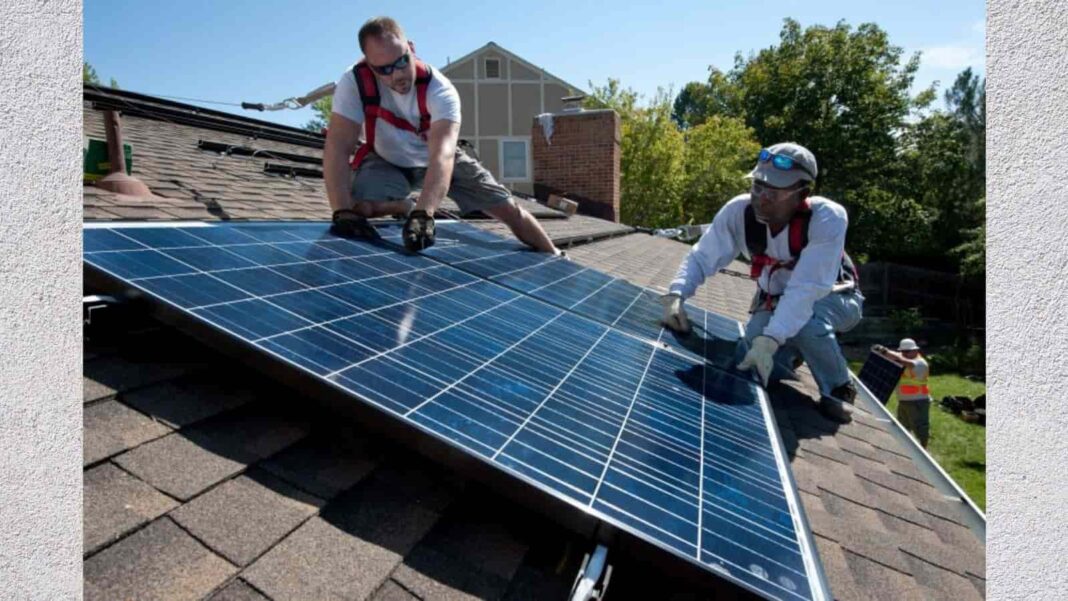2024 Solar Tax Credit: The residential clean energy tax credit, also referred to as the federal solar tax credit, is an excellent method for homeowners to recoup a portion of the investment required to install solar panels. This tax credit may reimburse a maximum of 30% of the costs associated with solar power system equipment and installation. It is crucial to specify that the credit does not extend to structural work performed exclusively for panel support.
As long as householders meet specific criteria, the solar tax credit applies to more than solar panels. Even if you have invested in alternative renewable energy initiatives for your residence, you may still be eligible for this tax credit.
In 2024, the federal solar investment tax credit (ITC) remains a significant incentive for solar energy system owners in the United States. The tax credit allows individuals and businesses to deduct a percentage of their solar energy system’s cost from their federal taxes. As of pic.twitter.com/LR0ngNUzU0
— Mr Inflnzr (@MrInflnzr) February 26, 2024
To be eligible for the solar tax credit, one must complete IRS Form 5695. Furthermore, receiving additional clean energy incentives for the same endeavor could potentially affect the eligibility criteria.
The timing of the project’s completion and the expenses incurred may affect the availability of solar tax credits. Homeowners who implement a qualifying system between 2017 and 2034 are ordinarily eligible for these incentives. Considering that the tax credit’s specifics may alter over time, it is prudent to remain current on the most recent regulations and guidelines.
How does the solar panel tax credit work? Find out here. #sustainable #gogreen https://t.co/gXGX0JqFdH
— Jade Sales (@JadeSales7) February 29, 2024
Tax Season Deadline 2024: Key Dates to Remember for IRS Compliance
It is compatible with additional state incentives
Homeowners might be eligible to combine the federal solar tax credit with utility-funded programs and state incentives that promote renewable energy. This has the potential to optimize the financial gains associated with making a residential investment in renewable energy.
The requisite procedures and criteria must be understood in order to qualify for the solar tax credit. Homeowners can mitigate potential financial burdens and promote environmentally sustainable practices by remaining well-informed and capitalizing on accessible incentives.
Households can benefit economically and environmentally from the solar tax credit in general. In addition to promoting sustainability, this scenario is also likely to generate long-term energy cost savings.
The 30% federal solar tax credit is just the start of the incentives available to homeowners and business owners who switch to solar. Explore all the incentives to enjoy by installing solar with Tampa Bay Solar. https://t.co/6t05tH5LB4 pic.twitter.com/QbruaCGic2
— Tampa Bay Solar (@TampaBaySolar1) February 28, 2024



